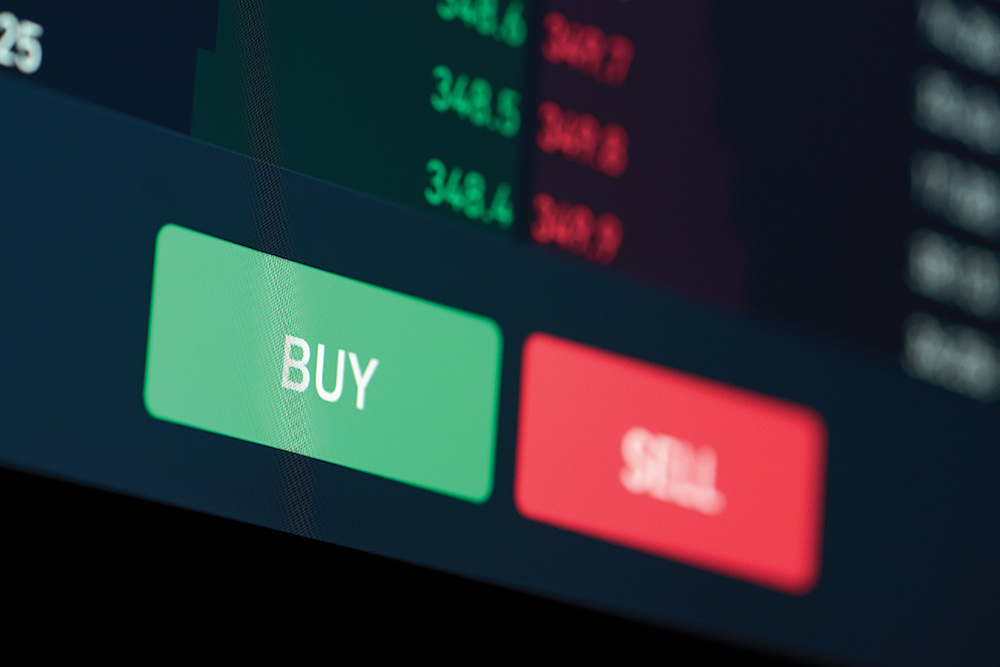
Behaviour and trading have been on the opposite ends of the spectrum. For centuries, numerous psychologists and analysts had pushed the theories of economies and trading back. In their argument, they have professed human beings are not rational utility-maximising actors and that the financial markets are inefficient in the real world. However, the study of behavioural finance surfaced in the late 1970s to address these issues collecting a wide array of cases when traders have behaved ‘irrationally’. This article is an attempt to demystify the concept of behavioural finance and exemplify its usage in the trading world.
Let us assume the following scenario and imagine the financial markets as a person who has sudden changes in their mood and behaviour (price swings). The abyss of emotions can have a trigger effect and change with every passing second i.e., it can alter from a significant depression mode to a moment of euphoria with the turn of fortunes as profits and wealth maximise. But can such a phenomenon assist us in understanding the financial markets? Most analysts and market pundits opine that behaviour finance can.
Decoding Behavioural Finance
Behavioural finance is a subfield of behavioural economics. The argument states that when making financial decisions daily, market participants are not as rational as the traditional finance theory envisages. For traders who want to dwell further into how emotions and biasness drive the prices of a security, behavioural finance offers some vital explanations. The philosophy that psychology drives financial market movements contrasts with the established theories that propagate the notion that the financial markets are efficient. For example, advocates of the efficient market hypothesis claim that any new information applicable to security is factored into its price by the market players. With the inclusion, the prices are more random because all existing information, public or non-public, is already discounted in the existing values.Gains Versus Losses
Suppose you have two options: Offer someone a choice of making Rs 500 or on the flip of the coin, there is a possibility of winning Rs 1,000 or nothing. Chances are that the individual will select the former as it is a sure way to earn. However, if you change the options and offer a loss of Rs 500 or on a flip of a coin win Rs 1,000 or nothing. The same individual will select the latter since rather than accepting a Rs 500 loss, you will flip the coin and see whether you call it right and win Rs 1,000. This phenomenon is called loss aversion and it refers to the real or potential loss by an individual is perceived as psychologically or emotionally more severe than a gain of an equivalent amount. The possibility of the coin landing on one side or the other is equivalent in any scenario yet individuals will still vouch for the coin toss to save themselves from a Rs 500 loss although the wrong calling would affect a greater loss of Rs 1,000. This is because individuals tend to view the possibility of recovering a loss as more important than the possibility of generating higher profits.Herd Instinct
Have you ever wondered why people tend to imitate others? Welcome to the world of herd instinct. In the financial markets, when the market is bullish or bearish, traders are subject to a fear that others know more or have generated more information. As a result, traders feel a strong urge to follow what others are doing rather go against the common trend. The studies of behaviour finance established that traders rely and place too much emphasis on judgements derived from small samples of data or from single sources. For example, traders are known to factor skill rather than luck on an analyst that picks a winning trade. On the contrary, some popular beliefs are not easily written off. One assumption that has always gripped the market dynamics is the notion of buying the dip. This statement has pervaded most market conditions when a sudden drop in the market will inevitably be a buying opportunity in the ensuing trading sessions. The traders are often playing the obvious and are overconfident in their judgements. They tend to grab the opportunity provided by a single piece of information rather than focusing on the larger picture.Practicality of Behaviour Finance
Can behaviour finance and its various studies beat the challenges of the financial markets? The preceding question is supportive when rational shortcomings provide plenty of profit-generating opportunities for ardent traders. However, given the scope of behaviour finance, only a few traders are deploying behavioural principles to enter into the right trades with an array of instruments available for trading. The impact of the research works remains mostly in academia than in the money management concepts. However, with various concepts evolving and surfacing, behaviour finance will be a catalyst for how a trader can train themselves to be watchful and use it as a blueprint to make rational decisions when it comes to trading in the financial markets. READ ALSO:
Published Date: May 1, 2022, 12:00 am
Post Comment
E-Magazine
RELATED Commodity Perspective





